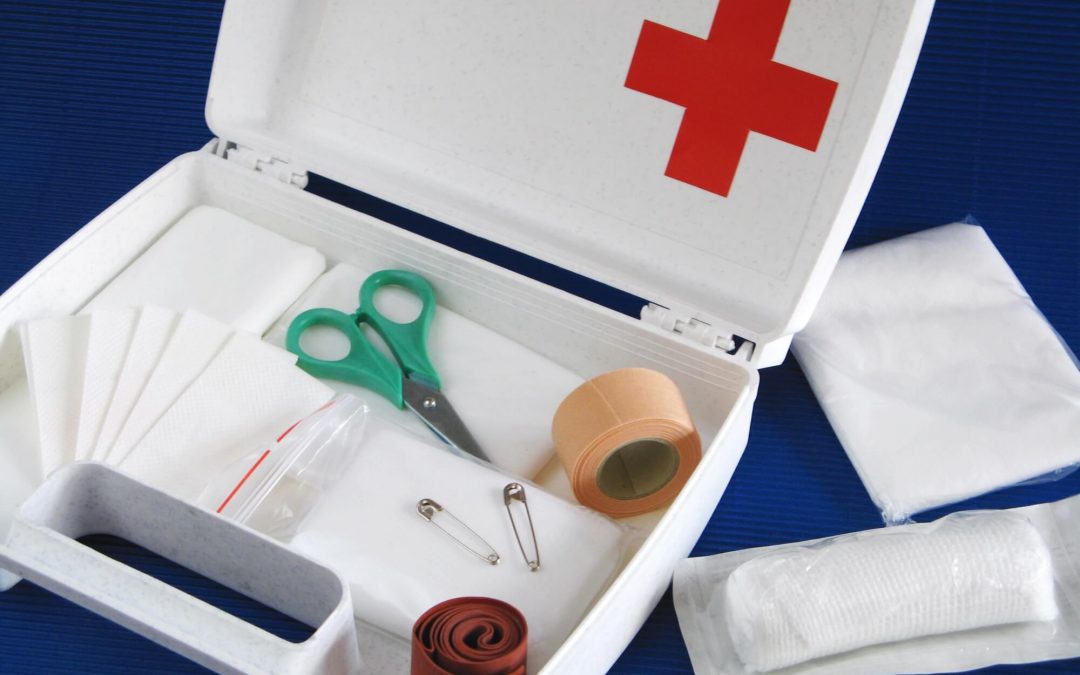Home should be the place where your family is the safest. Here are 3 home safety essentials that will help keep your family safe during emergencies.
Smoke & Carbon Monoxide Detectors are Home Safety Essentials
Some of the most serious threats to home safety are fire and carbon monoxide. The modern conveniences of electricity, heat, appliances, and cooking create a risk of house fires and carbon monoxide exposure.
Taking precautions can prevent these disasters, but we still need to protect ourselves and our families in case something goes wrong. The most important thing to do is to install smoke detectors on every floor and in every bedroom. Outfit your home with alarms that link together so that all the detectors activate when just one of them goes off.
If you use natural gas, LP, heating oil, or a fireplace, you should also include a carbon monoxide detector on every floor. Every garage should have a CO detector, too.
These two home safety essentials will alert you to some of the most serious threats in your home. Change the batteries every six months and replace the entire detector in accordance with the manufacturer’s guidelines.
A Basic First Aid Kit
In the case of a medical emergency, it is recommended to call 911. While waiting for help to respond, you can still make a difference for an injured family member with a basic first aid.
Check through your first aid kit for expired items occasionally. Like other home safety essentials, your first aid products may expire before you actually use them. Look through them once a year and replace anything that is out of date, especially any medications you may have.
Your Disaster Kit
During the height of the Cold War, many families made extensive provisions to prepare for the possibility of a nuclear holocaust. They stockpiled water, medications, and nonperishable foods. Their goal was to be self-sufficient in the event that a catastrophe disrupted supplies.
While this is no longer a common practice, severe weather events like hurricanes, snowstorms, and floods have highlighted the need for a disaster kit in the home. If you are stuck inside the home with no power or water, you should be prepared to go “off the grid” for a few days. Alternatively, if you need to evacuate, you want to have basic necessities quickly accessible to bring with you.
Fill your kit with nonperishable foods and drinking water. Add flashlights, batteries, and a battery-operated radio. Stockpile over-the-counter medications and any prescription drugs that your family needs. Just like the other home safety essentials we’ve mentioned, check on your kit periodically and replace anything that is depleted or expired.
Gathering these home safety essentials will make your home as safe as it is comfortable.
Redtail Building Services provides home inspections to Eastern Virginia. Contact us to book an appointment.

